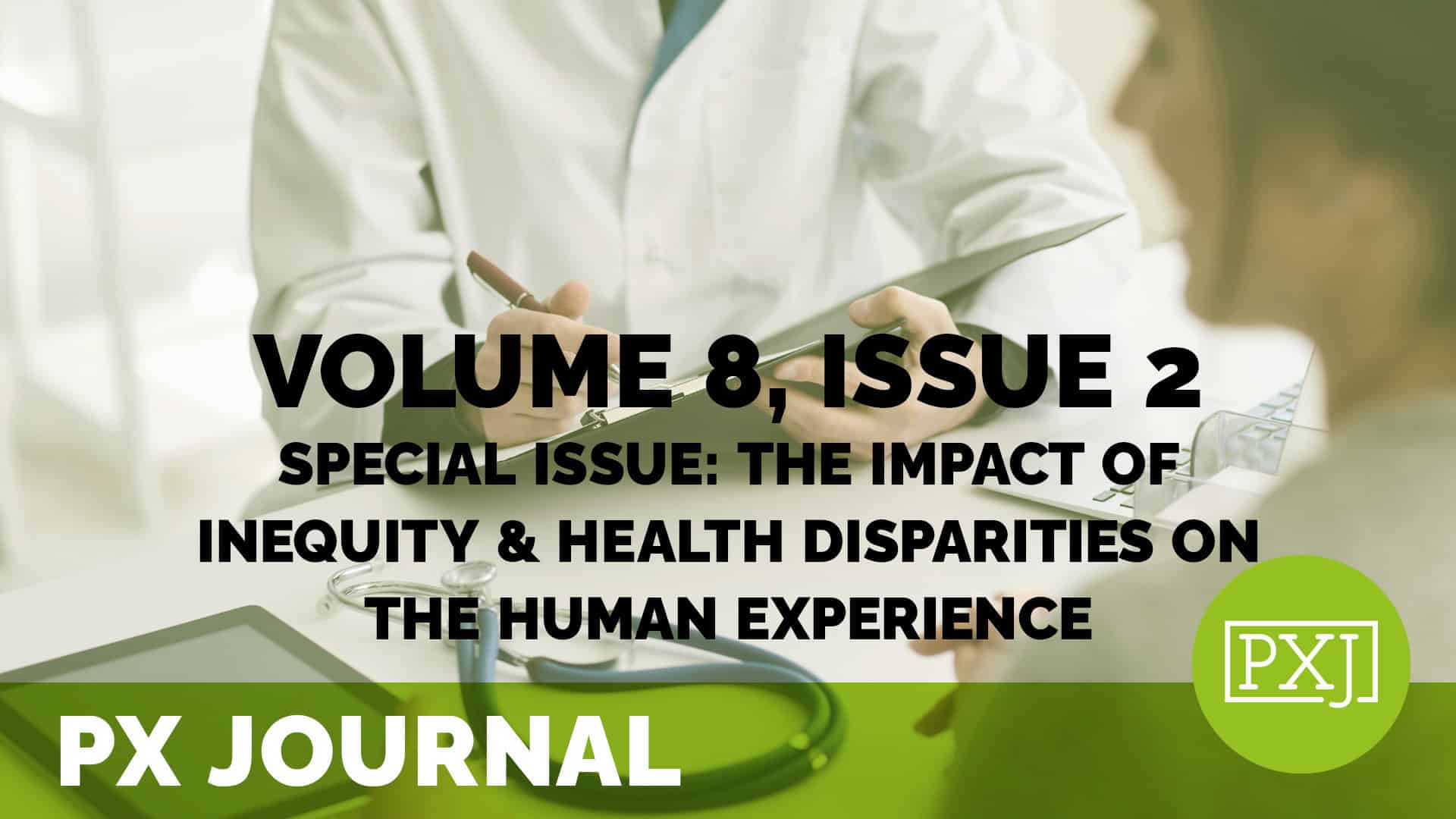Health equity and quantifying the patient experience: A case study

The COVID-19 pandemic has invigorated efforts to address health inequities disproportionately burdened by racial/ethnic groups and individuals of low socioeconomic status. Measuring and monitoring patient experience is crucial to understanding why the gaps exist and identifying mechanisms necessary to close them. Electronic health records and digital health tools hold much promise in this regard and can lead to change. We present a case study describing the innovative efforts undertaken at Sutter Health, a large integrated health network in Northern California, to quantify gaps in health equity using electronic platforms and visualization modalities. More work is needed to identify and address barriers rooted in social context and structural inequities and ultimately impact health equity.
Related content
-
 Policy & Measurement
Policy & MeasurementUnleashing Collective Potential: The Power of Team-Based Leader Rounding in Elevating Patient Care
Baylor Scott & White Medical Center faced a decline in patient experience scores, reaching the 50th percentile by 2022 due to inconsistent leader rounding and lack of focus on improvements. In 2024, the center revamped its rounding program by involving non-clinical and ancillary leaders, focusing on structure, support, and connections. This approach included protected time
Learn more -
 Innovation & Technology | Policy & Measurement
Innovation & Technology | Policy & MeasurementImplementing the Most Significant Change Methodology: Measuring the Impact of Practice-Based Research and Innovation (PBRI) through a Self-Narrative
This paper explores the PBRI Innovation Fellowship, which provides an opportunity for health professionals to identify and lead an innovative quality improvement project to bridge an evidence-to-practice gap that will lead to improved health care practice and patient experiences.
Learn more -
 Policy & Measurement
Policy & MeasurementUnderstanding the care experiences and support needs of UK adults treated in hospital for meningitis
Background: Meningitis often results in ongoing and multifaceted after-effects, which can impact many aspects of people’s lives, yet relatively little support and follow-up is offered. This study explored post-treatment meningitis care experiences of UK adults aged 16 and over following a recent stay in hospital for meningitis. Methods: A survey was designed to ask about hospital
Learn more
